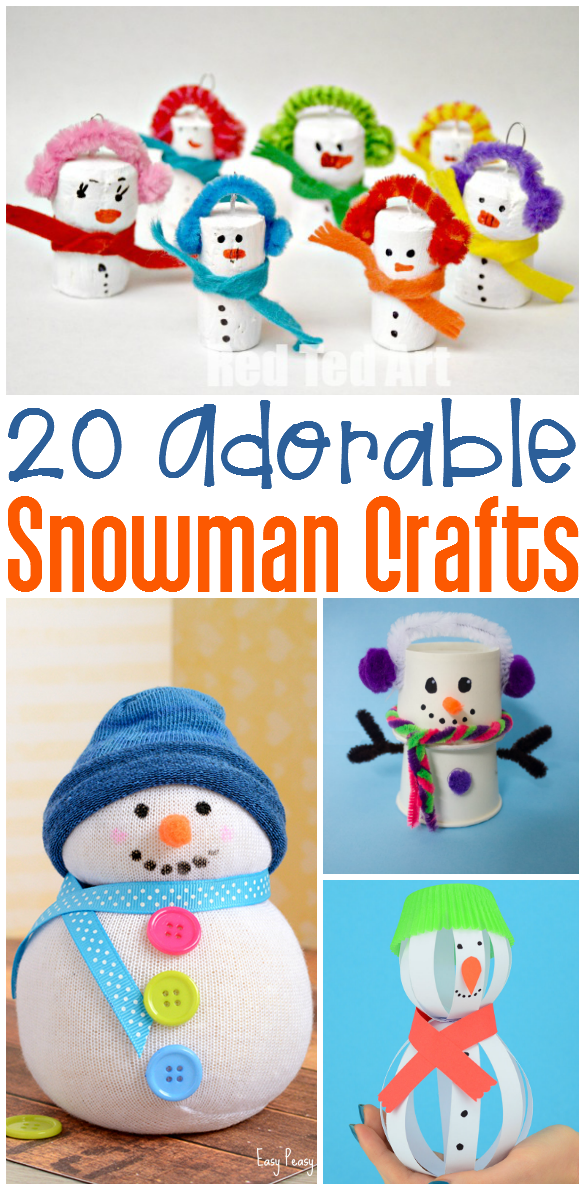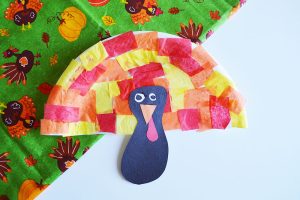
20 Snowman Crafts
Who wants to build a snowman? We do! This week we’ve rounded up some snowman crafts and activities. Each link contains a fun…
Book Report Alternatives for Students with Dyslexia and Learning Disorders
Writing book reports can be challenging for some students with dyslexia and other disabilities involving writing and language. As long as your children or students reach the objectives you expect them to achieve after reading a book, why not allow them to demonstrate their learning with these book report alternatives. Try a few of these out after reading a class novel, having your child read independently, or exploring literature together.
Character Map
Draw an outline of a character. Have your students write adjectives or phrases describing the character in the outline. On the head, have them describe their appearance or write about internal conflicts. What is on the character’s mind throughout the story? Across the chest (or the heart), invite them to write things or people the character loves. On the feet of the character, tell them to list actions or important things the character does in the story. These are just some options to include in the character map.
Comic Strip
Many students love to read comic books or graphic novels. Have your kids write their own comic strip based on the entire novel, a chapter, or just one scene from the book. Use paper and art materials or go digital with applications like StoryboardThat online or Comic Life for the iPad.
 Learning Disorders on-demand course for therapists…..PARENTS, want to take any of my courses? You can! I’ll even give you $25.00 off…….just contact me.
Learning Disorders on-demand course for therapists…..PARENTS, want to take any of my courses? You can! I’ll even give you $25.00 off…….just contact me.
Character Collage
Have your students cut pictures from magazines, find images online, or draw their own sketches focusing on a main character in the story. Choose images that focus on the character’s traits and motivations in the story. Another alternative is to illustrate the setting with collage or focus on the theme or lesson of the selection.
Alphabet Book
This is a fun activity for students of any age. Choose a word or phrase for each letter A-Z and compile in a book. You can have them create a page for each letter or divide the page into sections. Not only is this a great way for younger kids to review the alphabet, it can help older students expand their vocabulary and really think about what they’ve read without writing extensive paragraphs. Focus on content specific items and try out literary terms like “S” is for setting or “C” is for conflict.
Trying out different book report alternatives for students with writing difficulties is one way to help your children develop writing skills while utilizing their strengths in different ways. Display their creations with pride and allow them to come up with their own innovative ideas to present what they read as well.
Here’s an earlier post with helpful information about dysgraphia.
Have a fun idea you’ve used with your child? Let me know and I may feature it on my blog!



